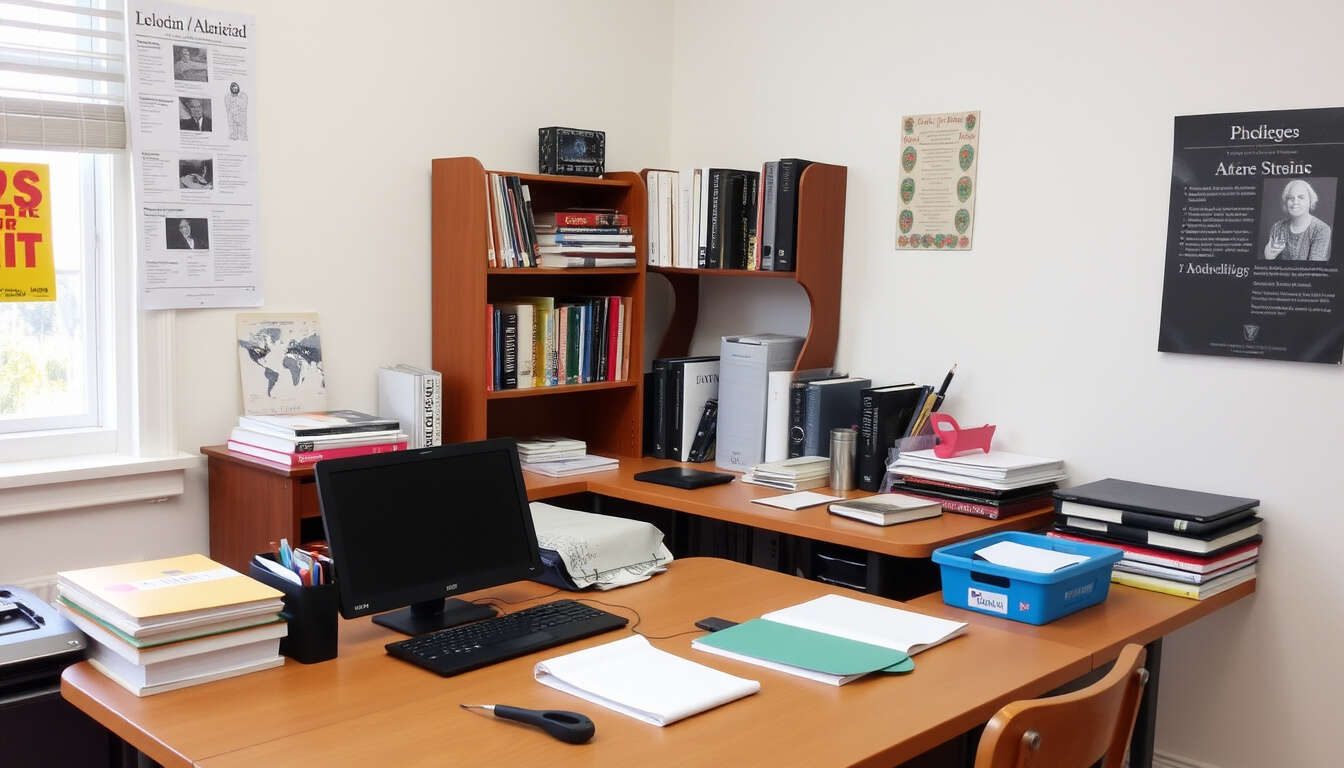Decluttering Tips for Adults with ADHD
 by Verner Mayer
by Verner Mayer
Discover practical decluttering strategies that support focus and reduce overwhelm for those with ADHD. Learn simple methods to create a calmer space and boost daily productivity, making everyday tasks more manageable.

Living with ADHD can make keeping spaces organized feel challenging, but small, achievable steps can lead to big changes. For many adults and young adults, clutter adds to daily stress and makes it harder to concentrate.
The Benefits of Decluttering for ADHD
Clutter often builds up quickly, creating barriers to clear thinking. By addressing it, you can foster a sense of calm and improve your ability to tackle tasks. This approach helps in building routines that suit your unique needs.
One key benefit is how it supports focus. When surroundings are less chaotic, it's easier to direct attention where it matters most. Another advantage is the boost in energy levels; a tidy space can make starting the day feel less burdensome.
Simple Strategies to Get Started
To begin, break decluttering into short sessions. Set a timer for 10-15 minutes and concentrate on one area, like a desk or a drawer. This method prevents overload and allows you to celebrate quick wins.
Use visual cues to stay on track. Color-coded bins or labels can make decisions simpler and reduce hesitation. For instance, designate spots for items you use often, ensuring everything has a home.
Incorporate movement into the process. Physical activity, such as sorting while standing, can help channel hyperactivity productively. Pair this with background music that keeps you motivated without overwhelming your senses.
Tools That Make a Difference
Consider apps that set reminders for tidying up, turning it into a habit rather than a chore. These tools offer gentle prompts, helping you maintain progress over time.
Another idea is to involve others for accountability. Share your goals with a friend or family member; their support can provide encouragement without pressure.
When items pile up, ask yourself if they serve a purpose. Keep only what you need or enjoy, letting go of the rest to create breathing room. This practice not only clears physical space but also eases mental load.
Building Long-Term Habits
Consistency is essential, so integrate decluttering into your routine. Dedicate specific times, like evenings, to quick clean-ups. Over time, this builds a sustainable system that aligns with your lifestyle.
Remember, setbacks are normal, and it's okay to adjust your approach. By focusing on progress, not perfection, you can develop habits that enhance overall well-being. These techniques empower you to manage your environment effectively, leading to greater control in daily life.
In summary, applying these tips can transform how you interact with your space, making it a supportive ally in your ADHD journey.
